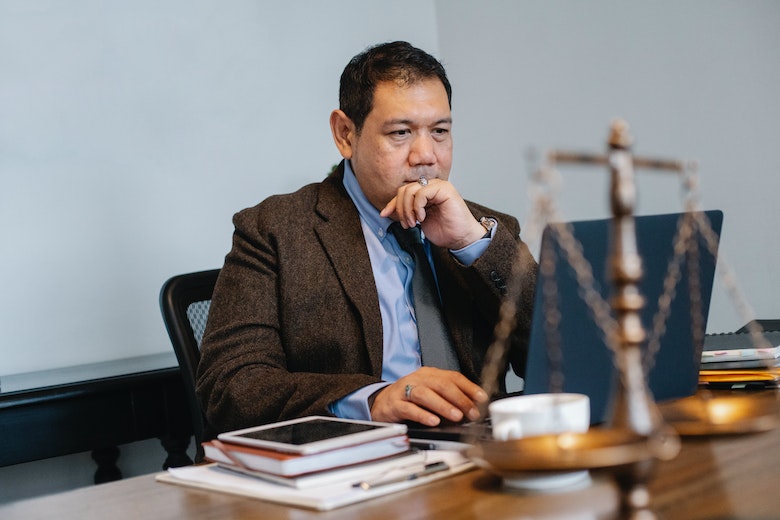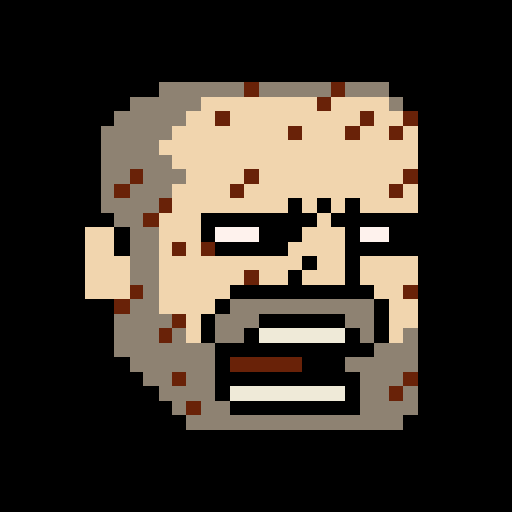 When you ask a lawyer if it is possible to have a personal micro-entrepreneurial company (MEI), often even professionals in the field don't know how to answer the question.
When you ask a lawyer if it is possible to have a personal micro-entrepreneurial company (MEI), often even professionals in the field don't know how to answer the question.According to the CGSN (Simples National Management Committee), lawyers are not included in the list of occupations permitted for micro-entrepreneurs because the MEI was created to integrate informal workers and small business owners. Therefore, they cannot issue CNPJ as EI (individual company).
However, there are two ways for a lawyer to create their own “company” and offer their services, which are:
Sociedad Simples (Sociedad LTDA, Sociedad Comondita Simples, among other subdivisions) is the only law firm, obliged to use the name of the holder as the company name. Both are provided for in Law 13,247, of January 12, 2016, which contains detailed articles and sections on how these professionals can and should act within professional ethics.
Ethics, sanctions and change. The OAB (Brazilian Bar Association) has many standards and, among them, is the Code of Ethics and Discipline (CED), originally published in 1995 and updated in 2015, adding restrictions, but with some changes favorable to professionals, so that their companies or publicize published work.
Despite the changes in Resolution No. 2/2015, the regulation still maintains the same essence, which requires that disclosures of positions and services be of a purely informative nature, with discretion and moderation.
The restrictions added in 2015 are as follows: broadcasting commercials and commercials in cinemas; advertising in public places, such as elevators, walls, etc.; Add contacts, such as email, telephone and address to columns and articles; prescriptions, direct mail and equivalents, among other practices. Among the favorable changes: citing emails from lawyers in the press or on social networks, radio and television programs and literary, legal and academic articles; use of signage and panels respecting the required discretion and moderation (only for office identification); publications of a cultural and scientific nature, sponsoring events and disseminating bulletins on cultural topics to customers and interested parties; the possibility of including your academic title, website, email, logo, QR code and even tributes received (related to the profession) on business cards, pens and other office materials; Regarding the issues discussed above in Provisions 94/2000 and 205/2021, it is important to note that there is also Provision 94/2000, which only deals with advertising and legal information.
Used for more than two decades, in line with the OAB Code of Conduct, it brought 10 articles on good and bad practices, in addition to highlighting legal and illegal means of dissemination.
Subsequently, in June 2021, the OAB Council proposed a new device that came into force a month later, on July 21, 2021: Device 205/2021. On the other hand, Provision 94/2000 was revoked.
The new provision covers existing issues such as the use of the Internet for advertising and social media. The document uses terms such as “legal marketing”, “client acquisition”, “sober, sensible and informative advertising”, among others.
However, unique annexes have also been included in the existing provisions, showing how to use tools and applications, promote the firm, consult, publish, record videos and respond to legal questions live on social media.
Finally, a Legal Market Regulatory Committee was created to monitor the development of these existing instruments in the Single Annex, which would suggest sensitive changes to the provisions to the Federal Council.
Device 205/2021 recently allows the use of active or passive advertising in the marketing of legal content, as long as there is no customer acquisition, excessive use of financial resources or marketing; use of paid or unpaid advertising on social networks and media outlets other than cinemas, billboards, radio and television programs and public places, including not violating the rules on single attachments; Use active advertising in the context of the sale of goods, programs and publications (courses, seminars, conferences or books), where the target audience is professionals in the field, interns and university students; In a shared environment, there must be a sign or signs in the physical space that communicate who the professional is and what role they play in that space. As for social media publishing and the algorithm side, legal professionals often publish books and articles to contribute to legal projects and similar developments. In this sense, the Internet, social networks and the algorithms of these networks serve as propaganda.
The algorithms used on social networks are like intelligent robots that check your web browsing data, recognize your profile and send relevant content that may interest you.
Thanks to the internet, consumers have access to diverse information, researching products and watching informative videos before making a purchase. Therefore, companies are increasingly seeking help from sales consultancies like Protagnst, which helps companies think strategically about positioning and how the company should communicate with its potential market.
Based on this and understanding how the target audience searches, it is possible for a lawyer to use links to websites or products (e.g.: criminal law books or civil codes) as references so that they can be recommended (almost as topics covered and others related to the field).






























